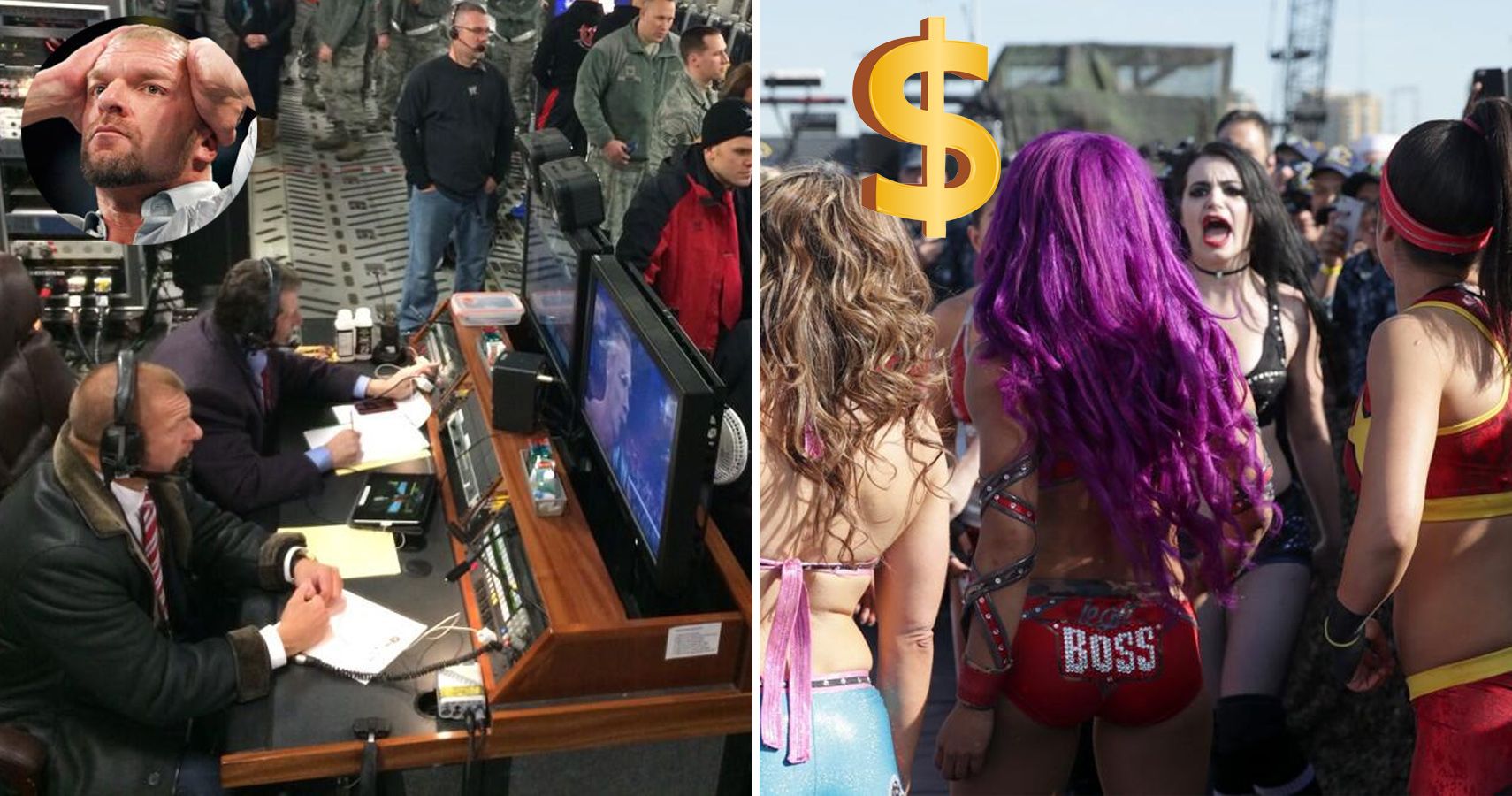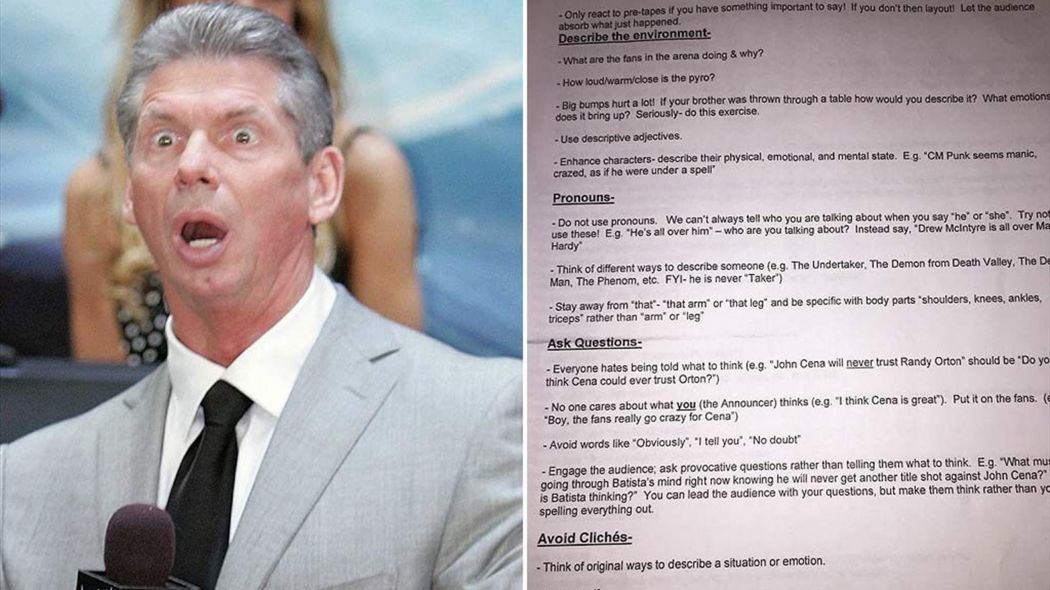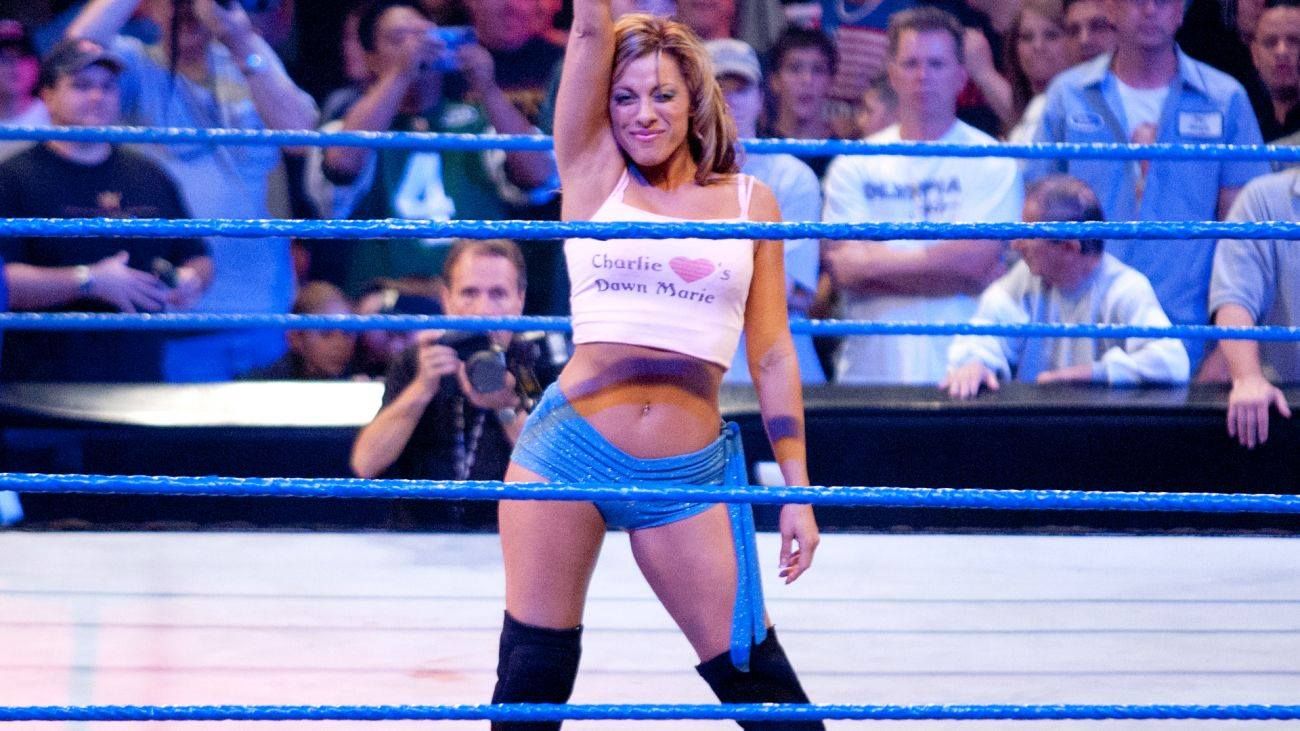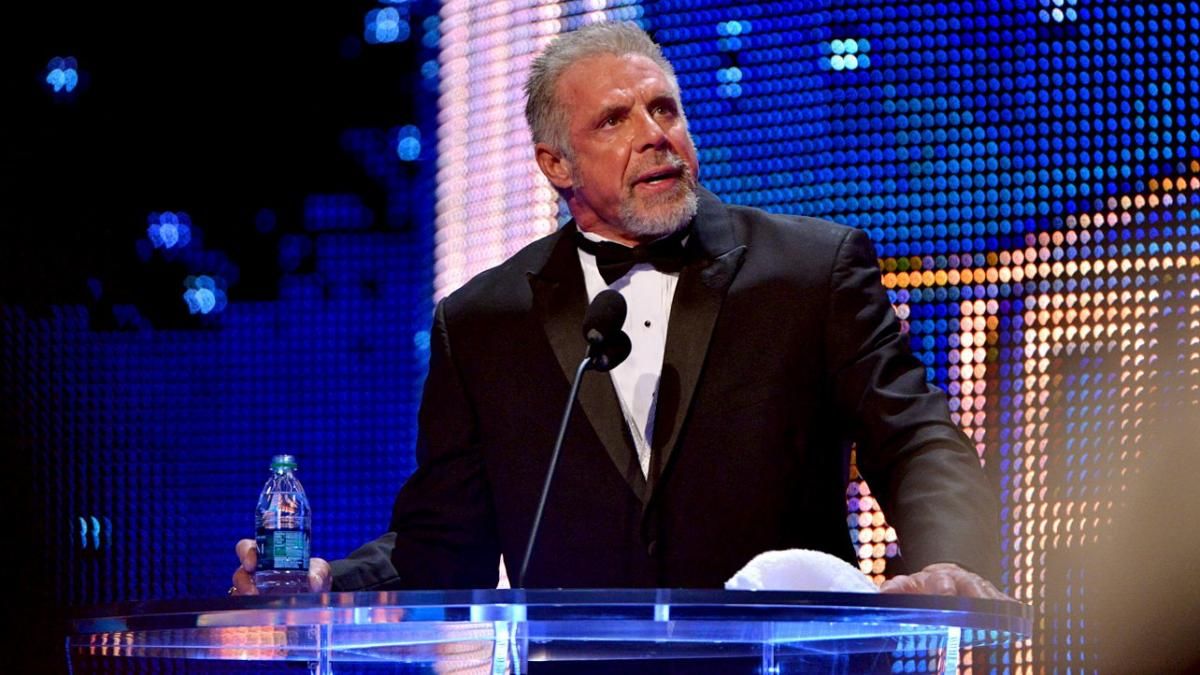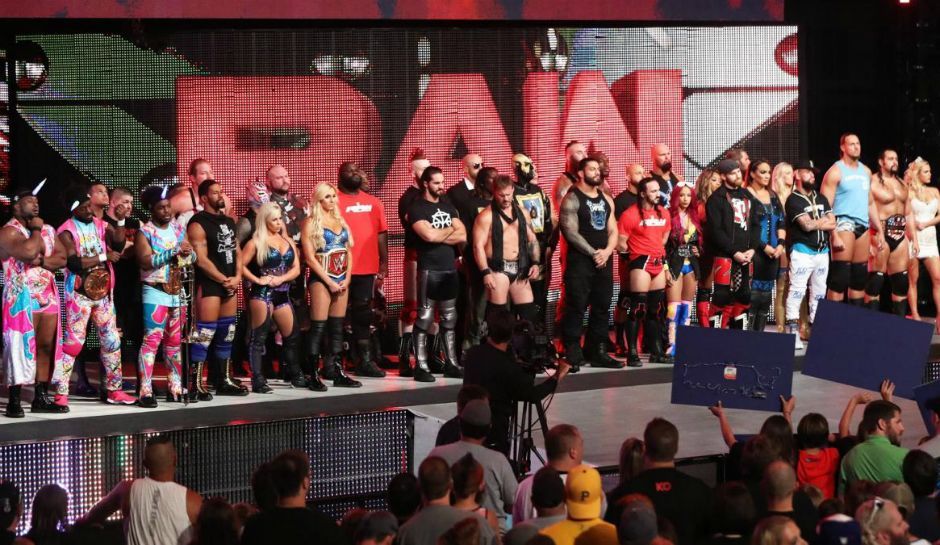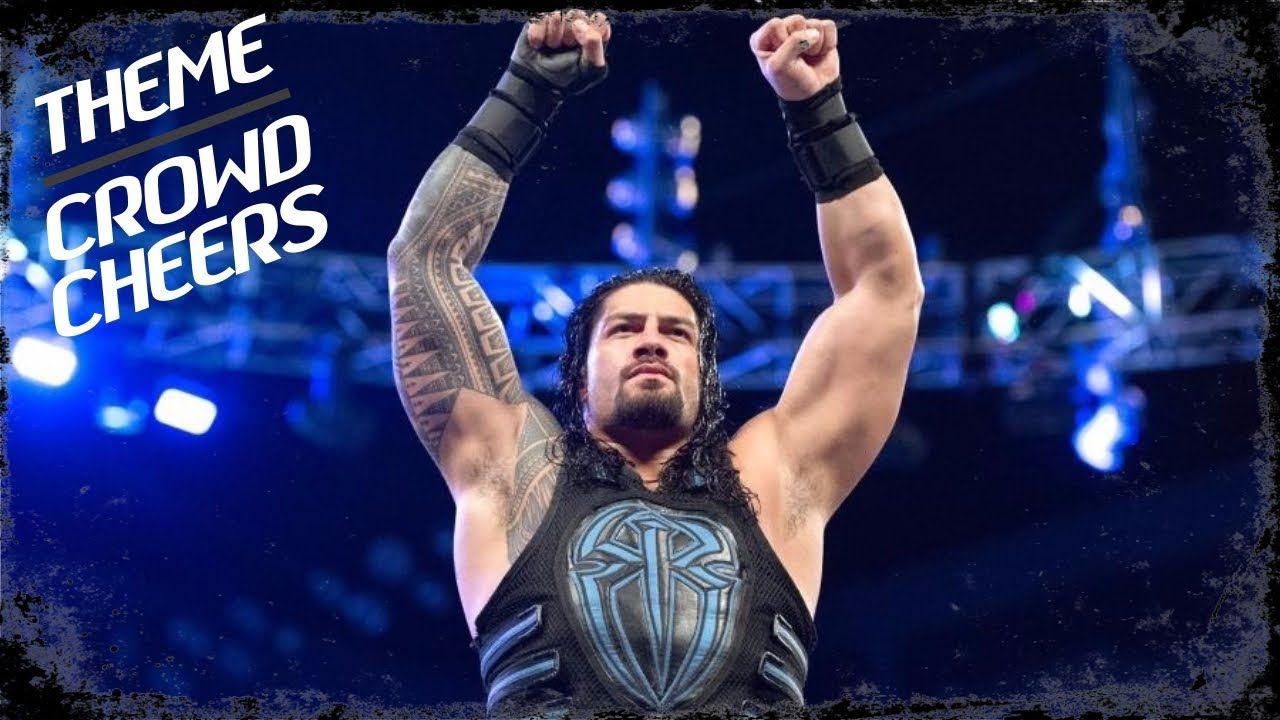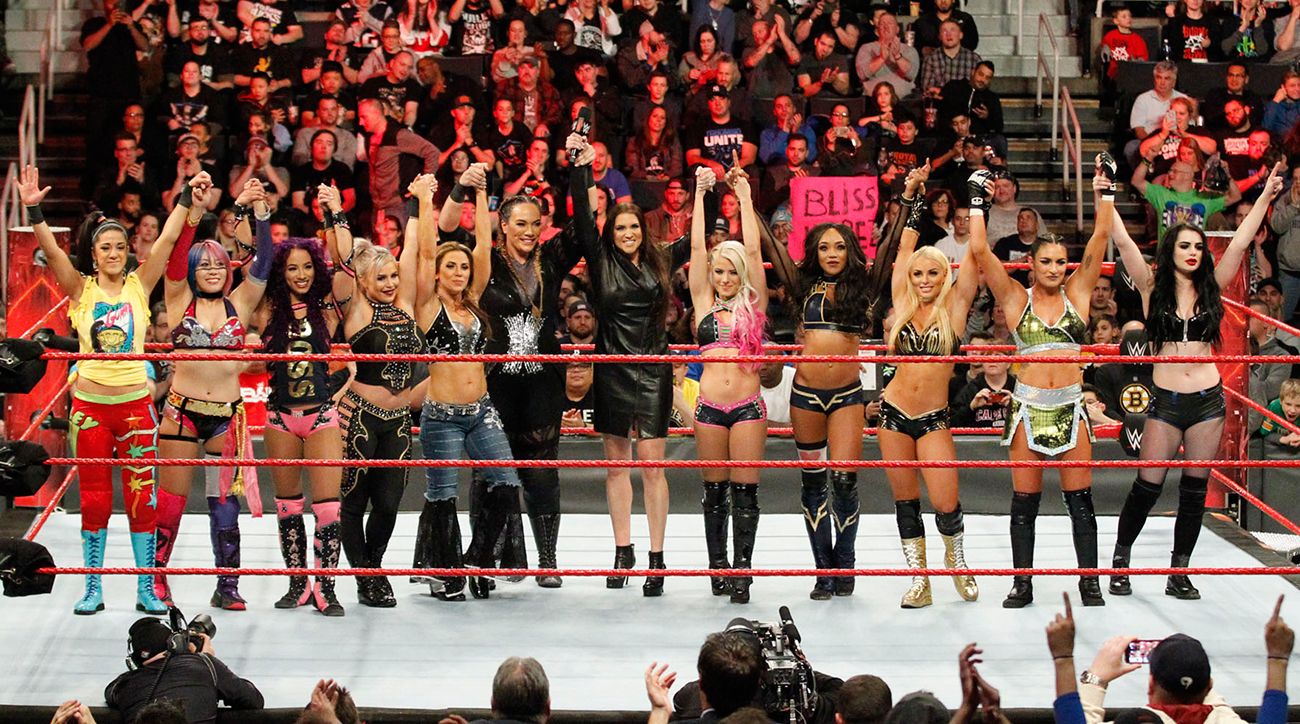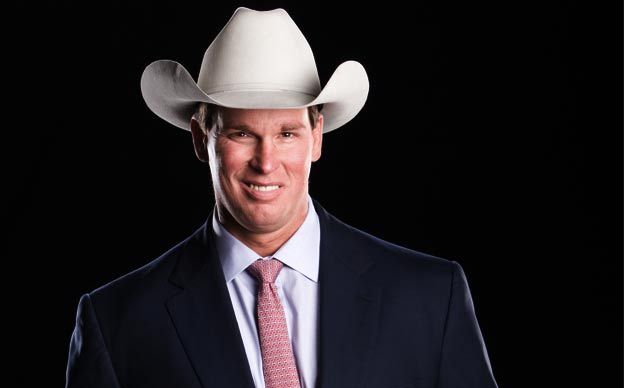The WWE is an absolute powerhouse of a business, as an entertainment company that has risen to the very top of its chosen industry. However, that doesn’t mean the powers that be in the company don’t continue to grapple constantly with image issues, as many view professional wrestling as lowbrow. As such, they go out of their way to make people understand that they tell stories like filmmakers or people that work on television do, only they do so in part with amazing acts of athleticism. On top of that, they also go out of their way draw attention to the charitable acts the company and its performers commit on a regular basis. However, not all things that go on behind the scenes in the WWE make the company look good. Realizing this is what inspired us to put together this list of twenty-one WWE behind the scenes things Vince McMahon doesn’t want you to know.
In order for a piece of information to be considered for possible inclusion on this list, it first and foremost needs to be something about the WWE that would shock fans. Next, it must seem obvious that those in charge of the company and Vince McMahon in specific, would want to keep a secret for pretty obvious reasons. Of course, we don’t know Vince personally so we can’t know for sure how he’d feel but it seems safe to assume he’d like to keep everything included here close to his chest. Finally, we do want to make it clear that we’ve never made it backstage ourselves but have relied on publically available information like documents or wrestler accounts to confirm everything here.
21 Vince Yells At Announcers
Announcers are one of the most important parts of WWE television, as the men (and occasionally, women) that we hear each week spend many hours a year trying to bring emotional depth to the company’s storylines. As such, people like Jesse Ventura, Bobby Heenan, Gorilla Monsoon, Jim Ross, and Jerry Lawler are among the most beloved figures in wrestling history. These days, many people feel as though something has changed and that announce teams feel less natural and emotional, while coming across far more rigid and rehearsed.
It turns out there are a lot of valid reasons for that, and one of the biggest is that in the midst of talking to millions of people they are likely to have Vince McMahon yelling in their ears. This is said to have been one of the reasons why Mick Foley lasted such a short period of time on the announcer’s desk, he couldn’t stand have Vince’s voice booming at him through his headsets. This is a man that put up with many horrific injuries and kept going, but when he was screamed at while trying to talk to the WWE audience, he tapped out.
20 Wrestlers Pay For Their Own Transportation And Ring Gear
Because WWE is a major company that heavily relies on their talent coming across in a bombastic way, each week fans see performers walk down the aisle in over the top outfits that fit their character. Due to the fact that the outrageous ring gear we see each week is a major part of the WWE product, you’d think that the company foots the bill, but you’d be very wrong. If that weren’t bad enough, they also have pushed another major expense on the men and women that give their blood, sweat, and tears each week.
When WWE superstars travel overseas on behalf of the company, the company takes care of all expenses related to travel. However, for North American events, they force the talent to take on all transportation expenses including things like food, lodging, and car rentals. That's pretty incredible, given that it is their business model that forces them to spend so much time on the road. If that weren’t bad enough, most independent companies pay for flights for their top line performers.
19 Wrestlers' Insane Schedules
Speaking of the toll that driving from event to event can have on a wrestlers’ bodies, if you were not aware of how much time these people spend on the road, it is truly nuts. For instance, the basic schedule of full-time employees puts them on the road four days a week, with each night taking place in a different city. Of course, that doesn’t even take into account weeks in which a network special takes place adding another event to attend to make their way to. On top of that, the people that play a part in 205 Live have an extra day on the road each week as they appear on that show and Raw as well. This is made even worse when it is time for an overseas tour; typically this involves performing every night for more than a week and that is especially harsh after the lengthy plane ride.
18 Network Stiffs Talent
The WWE Network is something the WWE was working on for a long time prior to actually starting its broadcast. It was first announced in 2011 but became available only in 2014. As it changed a huge part of their business model, there are legitimate questions about how it was rolled out and the mistakes that arguably were made. However, in almost all circles, the conclusion has been that it was a move that proved the company was looking forward and seeing that many fans are changing the way they view content.
In the Network’s creation there were some former talents that felt heavily taken advantage of and forgotten. In some cases, these were former WWE wrestlers, and in others, people who worked for companies the company has bought the tape libraries of. All of a sudden, hours of ther work were being sold to the masses. Raven and Buff Bagwell unsuccessfully sued, because they were not given royalties based on the fact that the company was making vast sums of money in part due to their earlier efforts. We doubt many fans would like to see stars of yore stiffed as the WWE rakes in from their efforts.
17 Winning Wrestlers Get Paid More
Some people that deride the wrestling business will loudly tell fans that the business is “fake” and they are partially right (because the results are predetermined) but largely wrong overall. Wrestling is very much real in the amount of damage these performers' bodies suffer. As such, you’d assume that there is no connection between the salary a performer gets and how often they win matches. However, according to people like Ryback, that is far from the case. This is linked to the idea that people that prevail often are booked like they are bigger stars so the company gives them a larger bonus based on the idea they are more important to an event’s success. Still, they would not have been able to become the big deal they have if not for many others that laid down for them.
16 Announcers And “Dirt Sheets”
Going back to the announce team, a document given to them was leaked online in 2015, and it gave the select few fans that pay the most attention a window into their world. In those 10 pages of instructions that touch on every aspect of the announcing gig, it is abundantly clear that new rules are instituted on a regular basis. The literature gave us a really good idea of what makes the current WWE product seem so staged, and there were many interesting tidbits contained within its pages.
One of the throwaway lines included in the memo that we found interesting was directed at the way announcers frame matches. Instructing them not to refer to them as deserving 5 stars or being among the best of the year if they “mean nothing,” it was clear they don’t want bouts with lesser talents played up. Going even further than that, however, they also explicitly included a line asking announcers not to read the so-called “dirt sheets.” The only message we get from that is they don’t want their announcers influenced by what critics think about match quality and the people involved in these bouts.
15 Preliminary Guys Scraping By
Earning a WWE deal and becoming a part of the main roster is something that literally millions of people have dreamed about over the years, and it means you’ve made it to the top of the business. An incredible achievement to be sure, it seems like it should be safe to assume that these people won’t have any financial struggles unless they are foolish with their money. However, there is a huge difference in the take-home pay that someone like Brock Lesnar gets and the money the people on the undercard receive.
Outsiders were given a great view of the realities of the business in 2014 when Tyler Reks went public with details about how fiscally rewarding his time with the WWE was. He revealed that just before he was released, Tyler was given a raise to $100,000 a year, but up until that point he wasn’t even making that. Still, that is a figure that many people would be overjoyed to get, except how far that cash will go can vary wildly depending on the region in which you live. On top of that, as “independent contractors” the talent is responsible for paying their own taxes, which comes out of that figure. Finally, you also have to take out the travel and ring gear expenses we’ve already touched on.
14 Dawn Marie Was Fired While On Maternity Leave
In one of the most despicable things the company has done over the last couple of decades, the way in which Dawn Marie’s time as a WWE talent came to an end is simply mind-blowing. An accomplished performer by the time she was first brought in by the company, she’d already served as a major part of ECW’s content for some time at that point. Never known for taking part in actual matches, she served as more of an onscreen character, which was perfectly in line with how women in the company were presented at the time.
Because she was a part of a much focused on (yet much reviled) feud with Torrie Wilson over a period of months, there was no reason to think the company was displeased with Dawn Marie’s abilities. Then she got pregnant and took time off to go on maternity leave. As such, she should have been able to enjoy bringing a child into the world knowing her job was waiting for her but she was essentially fired out of absolutely nowhere. Hit with a wrongful termination lawsuit over her dismissal, the WWE settled out of court and we’re hoping nothing like this ever happens again.
13 WWE Celebrates Horrible People
The annual WWE Hall of Fame Ceremony has become must-watch viewing for many, a night each year in which the company and its fans get to celebrate the history of this business. Meant to be made up of the most deserving of admiration figures from the history of the business, the process of deciding who makes the cut is shrouded in a certain level of mystery. That said, it is safe to assume that like most things in the WWE suggestions are made and then Vince McMahon makes the ultimate decision, which has allowed people accused of awful things to make the cut.
Mike Tyson was inducted despite spending time in prison for horrific crimes against a woman in the early '90s. Stone Cold Steve Austin was once married to WWE performer Debra, who had him arrested for domestic violence. Fabulous Moolah was accused of coercing her talents into contracts that allowed her to take their money and exploiting them against their will in the bedroom. Carlos Colon is believed by many to have helped cover up a murder, whereas Jimmy Snuka would have stood trial for killing his girlfriend if he was mentally competent. Then you have The Ultimate Warrior, who has an annual award named after him despite many racist and revolting statements made in publicly available videos. We're stopping there as we could go on and on, but in all of these cases the people were involved in unsavory incidents prior to being enshrined.
12 Obsession With Specific Words
Here's the final entry about what has influenced the announce team as we know it today. If you’ve ever wondered about the words chosen by people like Michael Cole, you’re about to get some answers. Vince McMahon is someone that has proven himself to be tirelessly controlling throughout his entire business life, and with that in mind, he is known to make changes to the smallest details in the WWE’s product. A great example of what we are talking about would that same announcing memo we previously addressed revealed how closely individual words said by announcers are controlled.
For instance, WrestleMania can no longer be called “The Granddaddy of Them All” as Vince feels it makes the event sound old. (On-air numbering of WrestleManias has also been dropped, following WrestleMania XXX.) On top of that, there are banned words including belt, strap, feud, backstage, international, interesting, talent, DQ, me, I, fans, faction, he, she, Taker, and many more. Finally, things get downright silly with some of the substitutions, as announcers are instructed to use the phrase "medical center" instead of hospital, and that the title (not belt or strap) will be "defended" instead of being "on the line." With this less level of micromanagement, could anyone sound natural?
11 Talents Are “Independent Contractors”
If you ask us one of the most egregious parts of the WWE’s entire business model, it's that people that take part in matches each week are hired by the company as “independent contractors.” It's a ridiculous idea given the fact that WWE talent are not allowed to work for any other company without the WWE’s consent. Even if they want to take on a movie role, the company must sign off.
You may think that on the face of things, being your own entity seems like a small detail but in actuality it allows the company to dodge things they’d otherwise have to provide for their employees. For instance, the WWE does not provide healthcare for their wrestlers aside from injuries that are directly connected to an incident that took part while they were in character. That means that the physical toll that spending so much time driving from town to town instead of getting proper rest is on the talent to pay for.
10 WWE Gets Paid For Talents' Outside Projects
Here's a real slap in the face to the whole “independent contractor” deal the WWE has their talent take. As we revealed earlier, the company controls what offers most wrestlers can take. In the case of wrestlers that have signed a deal that was put together after the year 2000, the company worked in verbiage about the decision-making process that goes on in these cases. What that basically means is the WWE claims that examining outside offers and deciding if they will allow their contracted performers to take part in them takes time which means expenses. As such, the contract stipulates that the company must get paid for “administrative costs” unless the figure they assign is less than 10 percent of fees the wrestler was paid.
9 Backstage Politics Can End Careers
WWE is a company that is largely based on their ability to sign performers that fans will invest in and then putting them in the best possible position, and with that said, it seems like a wrestler’s talent should define their career. However, so many stories that leak to the public and then are confirmed by the people involved after they are no longer signed to the WWE contradict that idea. Sadly, it turns out that a lot of the time the trajectory of someone’s career is defined almost entirely by what friends they can make, and more importantly, who they piss off.
For instance, Mr. Kennedy seemed like a performer with oodles of potential, and at one time he was being positioned to be in the main event mix. Then, after blowing multiple opportunities in the years prior, he angered John Cena and Randy Orton because they felt he was careless in the ring, and before long he was given his walking papers. In other cases, people have spoken up in talent meetings and angered management (Baron Corbin) or been seen as not having the killer instinct behind the scenes (John Morrison, Drew McIntyre pre-2017 return) and seen their careers stall.
8 Network Destroyed Talent’s Paycheques
Earlier on this list, we looked at the creation of the WWE Network and the fact that the archival footage the company owns is a cornerstone of it but the talent seen in it are not paid royalties. It's pretty incredible given the details, that is not the only case in which the creation of this streaming service was far from financially rewarding for wrestling talent.
In the days where the WWE saw a huge amount of money come in from pay-per-view buys each month the talent received large bonuses based on the huge successes of these events. In fact, many wrestlers have revealed that the massive WrestleMania payday they got each year made up a huge percentage of their earnings for the year. However, once the Network was created, this business revenue dried up, and with the low cost of membership, the bonuses wrestlers received dwindled hugely. It's shocking given that wrestlers are still giving their all and didn’t make this business decision; if the WWE had any real competition they may not be able to get away with this.
7 Production “Cooks” Crowd Reactions
For years WWE fans have marveled at the video packages the company puts together for their largest feuds. That's something that also holds true for the spin they give their whole business model, as over the years the company continues to refine and improve the way they present themselves. One of the main ways they’ve described themselves to potential investors and fans alike is by claiming they alter their plans based on the feedback they get from fans at WWE events each week.
Over the last several years, the idea that the creative direction of the company is decided based on the feedback they get has been largely laughable with only a few exceptions. For instance, men like CM Punk or Daniel Bryan succeeded based on fan response, but the company shoves Roman Reigns and John Cena down throats even as they’re booed over and over again. They try to mitigate this perception by using production elements to make it seems like their stars are more beloved than they are when they can. This means they will play audio of fans cheering in the arena to make it sound like they’re getting a better reaction, or turn down the microphones in order to diminish the boos when they aren’t live.
6 Women Are Paid Less
As WWE is a company that has spent more than two years trumpeting about how they are going through a so-called Women’s Revolution, the WWE wants you to know women are equals on their television. However, they want it to be a secret that the top women on the roster are paid significantly less than their male counterparts.
The exact salaries of performers are oftentimes not known, but there are public filings and accounts that allow us to have a pretty good idea of what people make. As a result, we can tell you that it appears that Nikki Bella was the highest paid woman on the roster in 2017 as she made just over $300,000. On the other hand, Brock Lesnar is the highest paid man and he was paid a figure in the millions. In fact, things are so absurd that when Stephanie McMahon brought up that women in Hollywood are paid less than men she had one of her talents at the time, AJ Lee, call her out for hypocrisy.
5 Bullying Was (Is) A Huge Problem
Each week on WWE TV we see onscreen talents performing in character and taking verbal swipes at one another almost as regularly as physical ones. These oftentimes revolve around obvious physical elements someone has. James Ellsworth was ridiculed for looking like he has no chin, and Mickie James was called fat despite being far from overweight. Attempting to show the world that is only a part of the fiction they create, the company created an anti-bullying campaign called Be a Star while allowing talents to be treated poorly in the back.
JBL has been one of WWE's most prominent alleged bullies, and people like Josh Mathews, Justin Roberts, and far too many others have called him out on his behavior. However, things with him went to a new level in 2017 when SmackDown commentator Mauro Ranallo left his position, with many people pointing to JBL’s treatment of him as a major reason why. We should also point out that there were other reported bullies like Hardcore Holly and Randy Orton, the latter of which inspired a female talent to leave the company when he evidently pooped in her bag (or emptied some baby oil into it, depending on which source you read).
4 Different Wellness Policy Standards
Arguably one of the best things the WWE has done for its talents in the history of its existence, the creation of the Wellness Policy has allowed performers to be safer. Meant to keep people who it would be dangerous to allow in the ring out of it, performers have had heart problems, life-endangering cervical issues and more discovered because of this testing.
This being a cosmetic industry, the most focused on aspect of the WWE’s health system is the drug testing, especially when it comes to the use of steroids. Of course, there is always the possibility of someone cheating the system, but after a major news story hit, the news people who were paying attention realized things the policy has major holes. Brock Lesnar is a unique entity in the business, and while he was under WWE contract, beat Mark Hunt at UFC 200 before his drug tests came up positive for a banned substance, one that the WWE also does not allow. Many wondered if he would face WWE punishment when they, as quietly as possible, revealed that “part-time performers” aren’t subject to the Wellness Policy.
3 Injured Wrestlers On The Chopping Block
Speaking of doing everything they can to stop wrestlers from suffering serious repercussions from what they do in the ring, at the end of the day, that is an unwinnable fight. After all, the human body isn’t designed to receive blows for extended periods many times a week. While that wear and tear accumulates there is also the ever-present danger of a single move going wrong causing a major injury. To the company’s credit, in these cases, they pay for the needed medical treatment and rehab.
On top of it sucking for a talent to have to find themselves on the injured list the company does make it worse in one major way. What they don’t want you to know is that it is written into every talent contract that after an injury keeps someone out of the ring for a period of time the company can release them. Known to be only six weeks in most cases, the company doesn’t really exercise this right as far as we know but it isn’t a throwaway line in the contract either. We say that because in the case of a select few people the timeframe was extended to eight weeks and in the case of McMahon family member Triple H, no such passage exists.
2 Real Fights Far Too Common
At every event the WWE puts on, fans are treated to their talent making it look like they are doing everything they can in order to hurt whoever they are grappling with. However, almost everyone realizes that in reality, the intent of everyone in the ring is to do what they can to make sure they keep the everyone in the ring as safe as possible.
Things aren’t always as loving in the WWE backstage and as happens in all businesses, tensions can arise between co-workers. However, if you work at an office and throw a punch at a person you work with, in all likelihood you will permanently be shown the door. Then you have the WWE in which there are endless stories of wrestlers fighting for real in the back without being given any repercussions from the company. Whether it is the time Batista and Booker T fought or the swipes Ric Flair took at Eric Bischoff, it is all incredible but we’re most intrigued by the fight The Big Show and Great Khali legitimately had.

